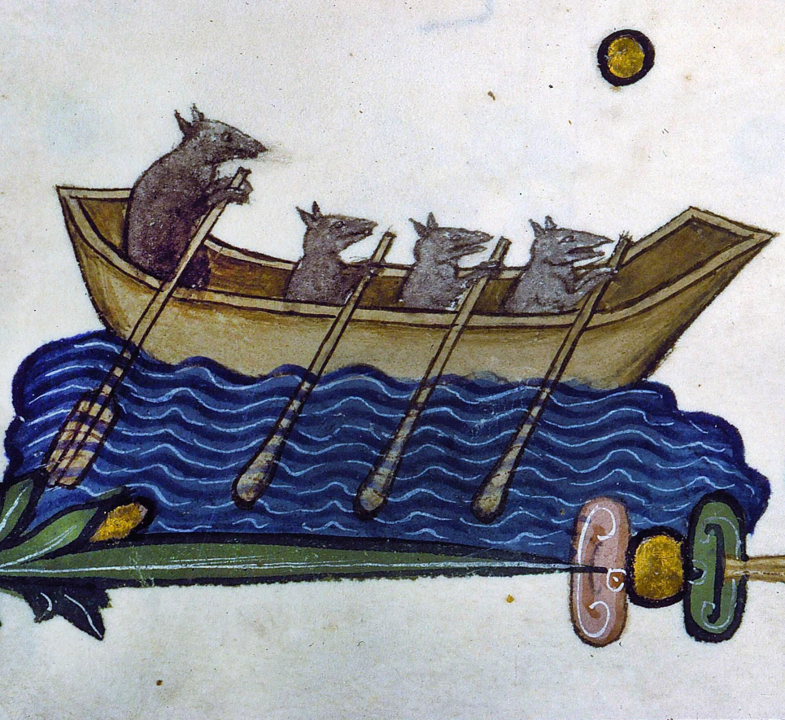
Examining the COVID-19 pandemic from a historical perspective is the focus of an innovative new course at the University of Guelph.
Developed by faculty in U of G’s Department of History, the course “Contextualizing COVID-19: Plight, Pandemics, and Policy in History” (HIST*2170) will cover topics including medieval and early modern plagues, the 1918 Spanish flu and other pandemics, the history of vaccination and public health, the rise of hospitals, and tourism and sports in times of disruption.
The course will be taught by a team of top history experts including U of G’s Profs. Kim Martin, Brittany Luby, Alan Gordon, Jacqueline Murray, Elizabeth Ewan, Renee Worringer, Susannah Ferreira, Femi Kolapo and Linda Mahood.
“Everyone knows about the Black Death in 1348, or thinks they do. But recent research has revealed that multiple waves of plague began earlier and lasted longer than we realized,” said Murray.
“Demographic analysis, new perspectives on medieval Europe’s social and political history, textual analysis from China to Iceland, archaeology in Kyrgyzstan and artefacts from sub-Saharan Africa are revealing revolutionary new information about skyrocketing death rates and new vectors for the virus’ spread.”
The course will give students perspective as they work with and interpret primary source materials about the COVID-19 pandemic and other historical epidemics. Students will also understand the historical context of societies’ responses to pandemics and epidemics and what lessons were learned from them.
The course also incorporates unique projects, such as students creating a COVID-19 digital archive using media, photographs, diaries and other sources. These types of projects will provide students with experience and training in the creation of historical and digital archives and in designing a coherent collection.
“This course gives students the chance to reflect on what they have lived through in the past few months and to think critically about the ways people have dealt with similar situations in the past,” said Martin. “Students will have a chance to act as their own archivists — to look back at what we don’t know about similar events in the past and fill in those gaps for future historians.”
To learn more about what the U of G student experience will look like this fall, visit the Virtual Campus page.